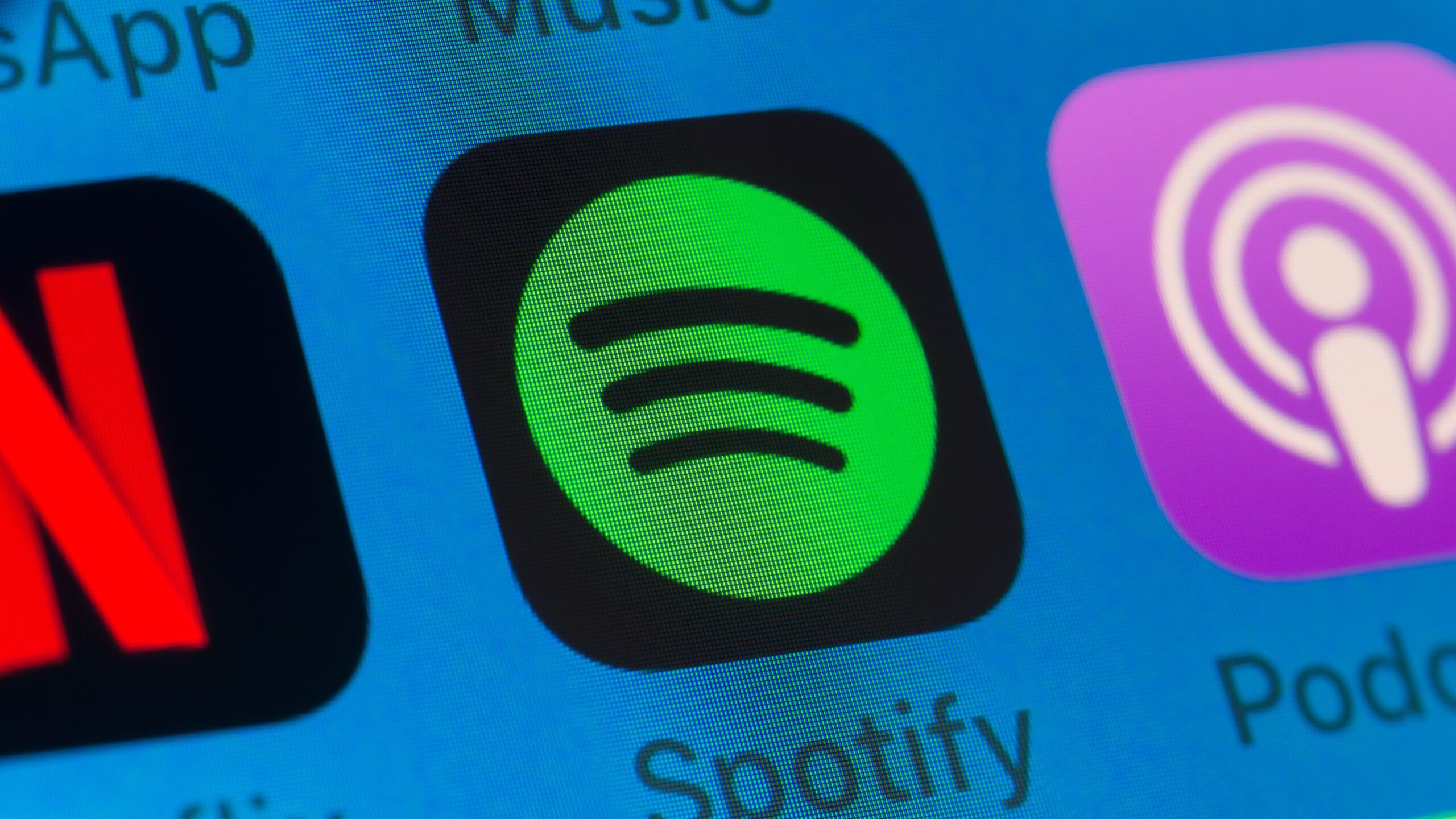
Spotify is being criticized after it was discovered that Spotify hosts a number of fake podcasts. These fake programs advertise the availability of addictive prescription medications such as Xanax, Oxycodone and Tramadol. This disturbing find coincides with the platform’s recent introduction of a new variable. Now, users can quickly and easily view how many times a podcast has been played or streamed!
In response to backlash regarding the visibility of podcast statistics, Spotify limited public stats to episodes that achieve at least 50,000 plays. This is admittedly a defensive play, an attempt to preserve all the quality and reliability it’s created within its podcast stable. Yet, when it comes to a topic like counterfeit drug promotion, the risks to users’ safety and overall public health are undeniable.
Counterfeit Pills Drive Overdose Deaths Across the U.S.
According to the Centers for Disease Control and Prevention (CDC), counterfeit pills have driven a staggering 42 percent increase in overall overdose deaths. According to the CDC, these deaths more than doubled from mid-2019 to late 2021. The Western United States especially feels the effects of this crisis. States in this region are often hit hardest by the deadly wave of counterfeit pills. Over 25 different drugs are represented in these fraudulent podcasts. One of them is Opana, an opioid that’s no longer sold in the U.S. due to its high risk for addiction.
Counterfeit prescription drugs have flooded social media and online marketplaces. This, as we know, is more than an inconvenience. It’s a public health emergency that we must do more to combat. The CDC’s 2023 brief reiterates the seriousness of the threat that counterfeit pills pose to our public health and safety.
Just when Spotify thought things couldn’t get worse, a North Carolina man was arrested. He generated hundreds of thousands of AI-generated songs in order to trick music-streaming platforms such as Spotify and Apple Music into paying him $10 million in royalties. This incident exposes a troubling vulnerability within our industry’s practices and prompts broader questions about the verification of content’s authenticity.
“We are constantly working to detect and remove violating content across our service,” – Spotify spokesperson.
The implications of these developments are significant. Spotify’s challenges in providing safe and reliable content would be immense. At the same time, the risks from counterfeit drugs continue to be a deadly reality for patients and public health. The ongoing efforts by the CDC and other organizations to combat this issue underscore the urgency for platforms like Spotify to enhance their content monitoring protocols.
Author’s Opinion
The discovery of fake podcasts promoting counterfeit drugs on Spotify reveals a dangerous blind spot in content oversight that platforms can no longer ignore. While Spotify’s move to limit public stats is a step toward protecting its ecosystem, it does little to shield vulnerable users from potentially lethal misinformation. The recent AI-generated royalties scam further exposes the need for stricter verification and safety measures. As online platforms grow increasingly influential in daily life, their responsibility to prioritize user safety and content integrity must be unwavering, especially when public health is at stake.
Featured image credit: Heute
For more stories like it, click the +Follow button at the top of this page to follow us.
